|
Data-driven assessment of business process resilience
Kraus, Alexander
;
Rehse, Jana-Rebecca
;
Aa, Han van der
![[img]](https://madoc.bib.uni-mannheim.de/68013/1.hassmallThumbnailVersion/s44311-024-00004-2.pdf) 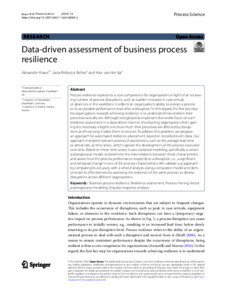 Vorschau |
|
PDF
s44311-024-00004-2.pdf
- Veröffentlichte Version
Download (3MB)
|
|
DOI:
|
https://doi.org/10.1007/s44311-024-00004-2
|
|
URL:
|
https://link.springer.com/article/10.1007/s44311-0...
|
|
URN:
|
urn:nbn:de:bsz:180-madoc-680133
|
|
Dokumenttyp:
|
Zeitschriftenartikel
|
|
Erscheinungsjahr:
|
2024
|
|
Titel einer Zeitschrift oder einer Reihe:
|
Process Science
|
|
Band/Volume:
|
1
|
|
Heft/Issue:
|
4
|
|
Seitenbereich:
|
1-32
|
|
Ort der Veröffentlichung:
|
Cham
|
|
Verlag:
|
Springer International Publishing
|
|
ISSN:
|
2948-2178
|
|
Sprache der Veröffentlichung:
|
Englisch
|
|
Einrichtung:
|
Fakultät für Betriebswirtschaftslehre > Management Analytics (Juniorprofessur) (Rehse 2020-)
Fakultät für Wirtschaftsinformatik und Wirtschaftsmathematik > Artificial Intelligence Methods (Juniorprofessur) (van der Aa 2020-2023)
|
|
Bereits vorhandene Lizenz:
|
 Creative Commons Namensnennung 4.0 International (CC BY 4.0) Creative Commons Namensnennung 4.0 International (CC BY 4.0)
|
|
Fachgebiet:
|
330 Wirtschaft
|
|
Abstract:
|
Process resilience represents a core competence for organizations in light of an increasing number of process disruptions, such as sudden increases in case arrivals or absences in the workforce. It reflects an organization’s ability to restore a process to its acceptable performance level after a disruption. In this regard, the first key step for organizations towards achieving resilience is to understand how resilient their processes actually are. Although recognized as important, few works focus on such resilience assessment in a data-driven manner, thus barring organizations from gaining the necessary insights into how much their processes are affected by disruptions and how long it takes them to recover. To address this problem, we propose an approach for automated resilience assessment, based on recorded event data. Our approach interprets relevant process characteristics, such as the average lead time or arrival rate, as time series, which capture the development of the process execution over time. Based on these time series, it uses statistical modeling, specifically a vector autoregressive model, to determine the inter-relations between those characteristics and assess how the process performance responds to a disruption, i.e., a significant and temporal change in one of the process characteristics. We validate our approach by comparing its accuracy with a what-if analysis using a simulation model and demonstrate its effectiveness by assessing the resilience of the same process to diverse disruptions across different organizations.
|
 | Dieser Eintrag ist Teil der Universitätsbibliographie. |
 | Das Dokument wird vom Publikationsserver der Universitätsbibliothek Mannheim bereitgestellt. |
 Suche Autoren in Suche Autoren in
Sie haben einen Fehler gefunden? Teilen Sie uns Ihren Korrekturwunsch bitte hier mit: E-Mail
Actions (login required)
 |
Eintrag anzeigen |
|
|
 ORCID: 0000-0001-5707-6944 ; Aa, Han van der
ORCID: 0000-0001-5707-6944 ; Aa, Han van der  ORCID: 0000-0002-4200-4937
ORCID: 0000-0002-4200-4937



 Creative Commons Namensnennung 4.0 International (CC BY 4.0)
Creative Commons Namensnennung 4.0 International (CC BY 4.0)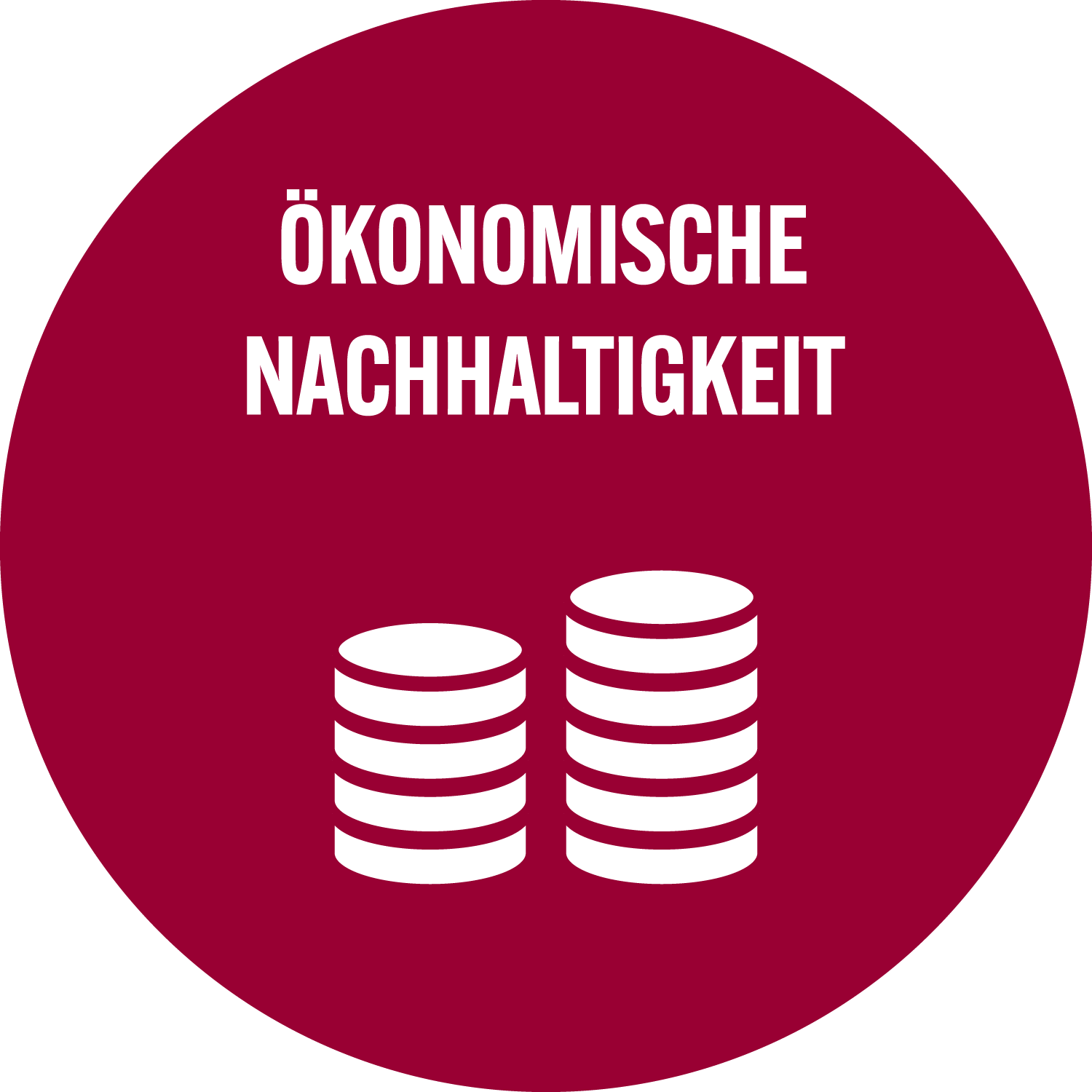
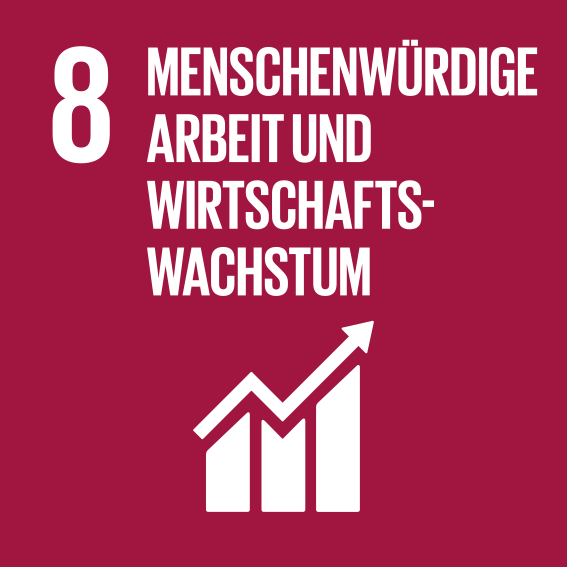
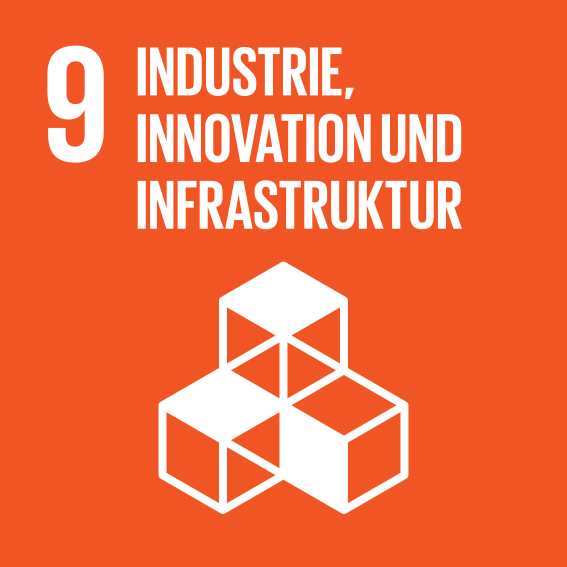
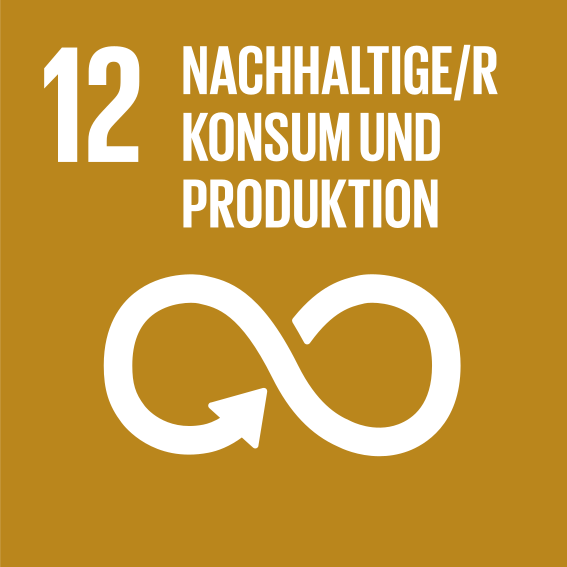
 Suche Autoren in
Suche Autoren in